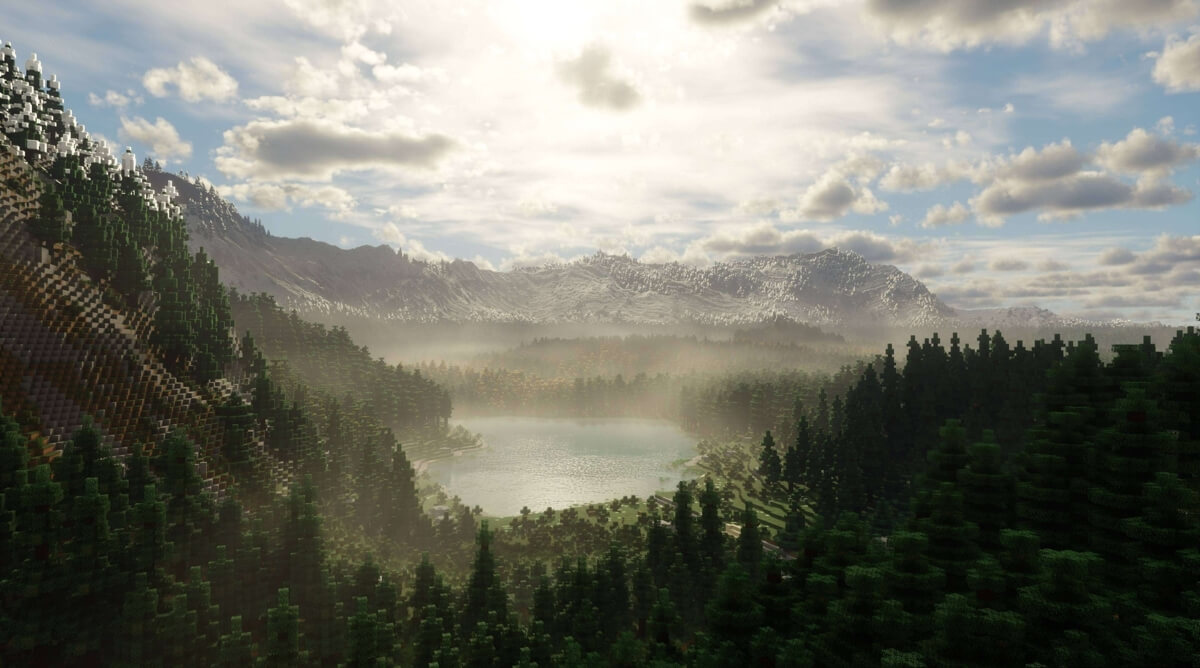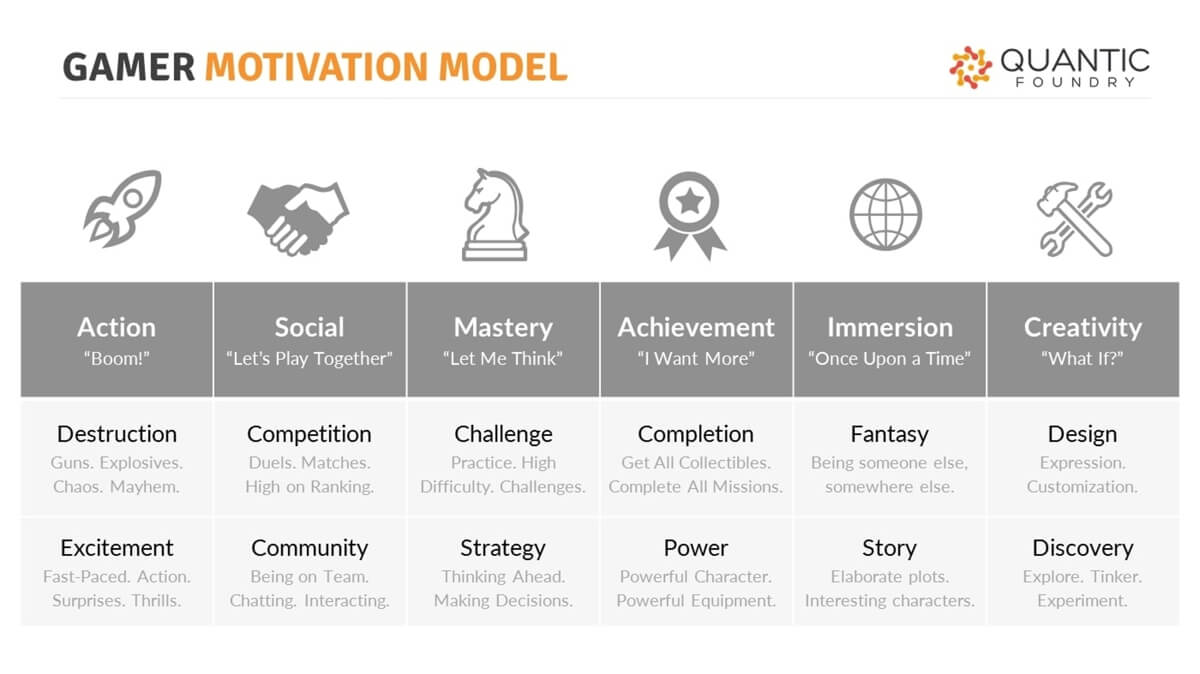Player Sovereignty
2025-03-04
👋🏿 Sup'
This post was going to be about something else, but when I went looking for photos of Random Encounter Design, I found someone who took my words from my mouth in a fantastic breakdown of the design problem and solutions that Game Designers could use.
While there are other things I could add like the purpose that encounters serve for the sake of Pacing and Tension, I decided to let it be and focus instead on a different subject. The schism in players that got us to this place where patience is seen as an uneeded and archiac fossil of older times (And by that I mean the 00's).
But first, a non sequitur
There's a lot that could be said about Minecraft, and infact I have indeed said a lot about Minecraft, but something that continues to stick in my mind is their design principals. In the first place, Game Development has notoriously been a walled garden of sorts. Perhaps a black box, if you like that phrasing better. If you didn't have the contacts, then your insight was limited to speculation and feverishly favorable journalists who wouldn't necessarily tell you everything. They wouldn't want to lose their exclusive access after all.
Everything that we know about how these older games that inspired generations of players comes from translated interviews with skittish and sometimes intentionally vague developers on the other side of the Pacific. If they had any greater philosophy when creating any of these games or their systems, we certainly weren't privy to them. Even now, with the reserved nature of Game Devs, you'll find that they don't really have much to say outside of their circles. There's a very good reason for why that is, but I'm not getting into it with this post.
Minecraft, is one of the few games out there where not only has it been de-compiled despite being in active development, but the creators, Mojang, have been open and transparent when addressing the vision they have for the game and the internal rules they go by when making pretty much anything. Some of the more jaded fans may argue this is because after Notch left and left a gaping hole in Minecraft that could only truly be filled by pleasing the hardcore fanbase. However once again that's not for this post.
What we've learned from Mojang's design documents is that they hold this principal of what I'd call Player Sovereignty.

If a Creeper blows up, the player must be around to hear it. If a block is mined, it was mined with the player's notice. If danger is afoot, then the Player was the one who walked into it.
In Minecraft, everything is because the player interacted with the world. The biggest factor controlling what happens to them and the experience they have, is what they choose to do. This creates a very powerful game hook because the player can't simply wait for the magic to come and find them, they must meet the game half-way and go out to seek it. One of the biggest challenges of Game Design, getting the player invested, hit with an elegant and very large hammer.
So, Player Agency
Agency is a funny hehe haha word that represents the player's ability to choose. Commonly used in 12 hour video essays by Youtubers who spend 11 hours and 43 minutes of their runtime recapping the story, Player Agency is an important factor in what makes a video game feel like a video game. This has nothing at all to do with Game Feel which is a combination of animation principals, screenshake, and sounds. Instead, the feeling is mental. A connection that drives immersion and motivates the player to keep their mind and emotions in the world rather than outside of it.
The trick with Player Agency is that this medium can be interacted with in so many different ways by so many people that creating a tailored Player Agency machine can turn into a bit of a nightmare on the end of developers. On the player-side the reward is faceted based on the type of player they are and what motivates them.

Did you think I was going into that bit on this post? You should know better by now!
The point is, Player Agency is generally a good thing. Anything that brings your player deeper into the experience is a plus. However, around 2013 or so, there was a definite schism in the ways that developers went about achieving Player Agency. Around this time, CRPGs and Immersive Sims were considered dead genres. We were still walking through the haze of multi-million dollar Call of Duty games and annual releases of Assassin's Creed.
This idea of Player Agency was tuned down into its most direct and comforting form. Player Sovereignty. This is why I said Player Agency is generally a good thing. However, for some genres, when used in its most distilled form, it does nothing but make for a bland world. Yes, that NPC only dies when you kill them, but does that engage you? The cops only chase you in GTA after you upset the local population, but how many Cop Chases do you need before it becomes a chore? When did having the choice become exhausting?
Why choose at all?
Well, such a question created a decade of gaming hell that I don't need to summarize for anyone reading this and we just now crawled out of it like it was an Umbral Era in Final Fantasy XIV. So, players have been jaded and conditioned into believing that the old ways, no matter how flawed or how much they are the reason why those ways died. Assassin's Creed and Call of Duty weren't annual releases because it was funny. Players voted with their wallet. Gears of War didn't get that gray black filter out of thin air. Players of the era wanted that. Shadow didn't suddenly pull out a gun. Players drove that attitude era and the market replied with a siren-song, as it always does. But this isn't the post for that either!
Long story short, return to monkey or something of the sort.
Oh yeah, I forgot about Random Encounters
So, what happens when you have a direct affront to Player Agency knocking on your door, in the current year, after all you've been through over the past 10 years, with a pail in hand, not even willing to say Trick-or-Treat? Well, you close the door on it all together. I'd argue that's what has happened to Random Encounters.
The general consensus seems to be that they are outdated and rotten from the inside out. Anything that takes control away from the player is a sin that needs to be burned at the stake. It goes without saying that I'm a fan of Random Encounters when used properly, but this isn't a post about defending/implementing Random Encounters. That other guy did that for me, images and all. I just thought it would be fun to dive into the context we have around this divide.
And it's worth remembering that just like players hate Random Encounters now, they will hate Cozy Games next. In other news, grass is green!
Cya around~ | Luther✌🏿
